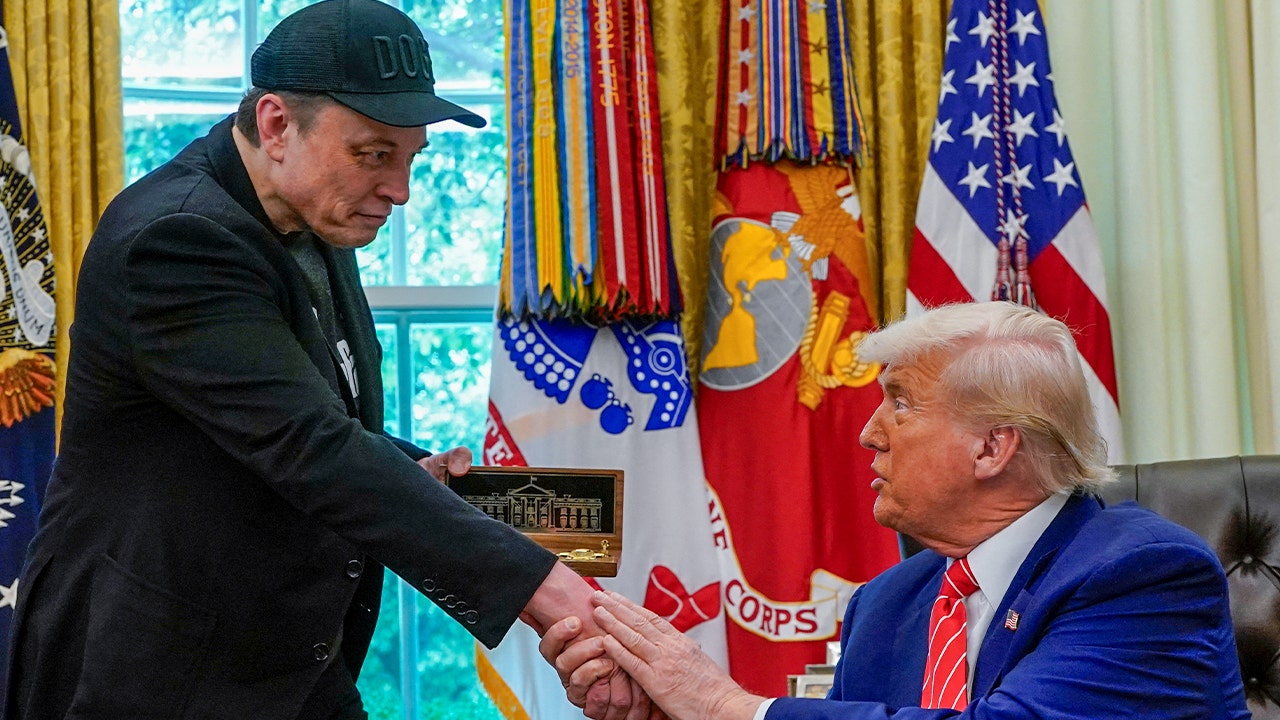Trump-Musk war of words hurts billionaire’s standing with GOP voters

The rift between President Donald Trump and Elon Musk, the richest man in the world, seems to have come to an end, with signs of reconciliation on the horizon. However, a recent poll indicates that Musk’s verbal attacks on Trump during his time as a special advisor in the Department of Government Efficiency have had a negative impact on his standing among Republicans.
According to a Quinnipiac University poll released on Wednesday, 62% of Republicans now have a favorable opinion of Musk, down 16 points from a previous survey in March. Among all voters, only 30% hold a favorable view of Musk, with 57% viewing him unfavorably.
Last summer and fall, Musk threw his support behind Trump, endorsing him shortly after an assassination attempt in Butler, Pennsylvania. Musk became the top donor of the 2024 election cycle, contributing nearly $300 million to America PAC, a super PAC aligned with Trump.
After leaving the White House, Musk criticized Trump’s landmark spending bill, calling it a “disgusting abomination” that would lead the country into unsustainable debt. The feud escalated with both Trump and Musk trading barbs on social media, with Musk even making unfounded claims about Trump’s connection to Jeffrey Epstein, which he later retracted.
In a recent statement on his X account, Musk expressed regret for his posts about Trump, saying they “went too far.” Trump, in response, stated that he doesn’t blame Musk for anything. However, when asked about Musk’s apology later, Trump said he hadn’t given it much thought.
During his time at the Department of Government Efficiency, Musk aimed to cut $2 trillion from the federal budget but fell short. The Quinnipiac poll shows that while 38% of voters believe Musk did a good job at DOGE, 57% think otherwise. Among Republicans, 80% approve of Musk’s work at DOGE.
Despite a decline in his popularity among Republicans, Musk and DOGE still receive strong support from the majority of the party, according to Tim Malloy, a polling analyst at Quinnipiac University.
The Quinnipiac poll surveyed 1,265 registered voters from June 5-9, with a margin of error of plus or minus 2.8 percentage points. Paul Steinhauser, a politics reporter based in New Hampshire, covers the campaign trail nationwide.




